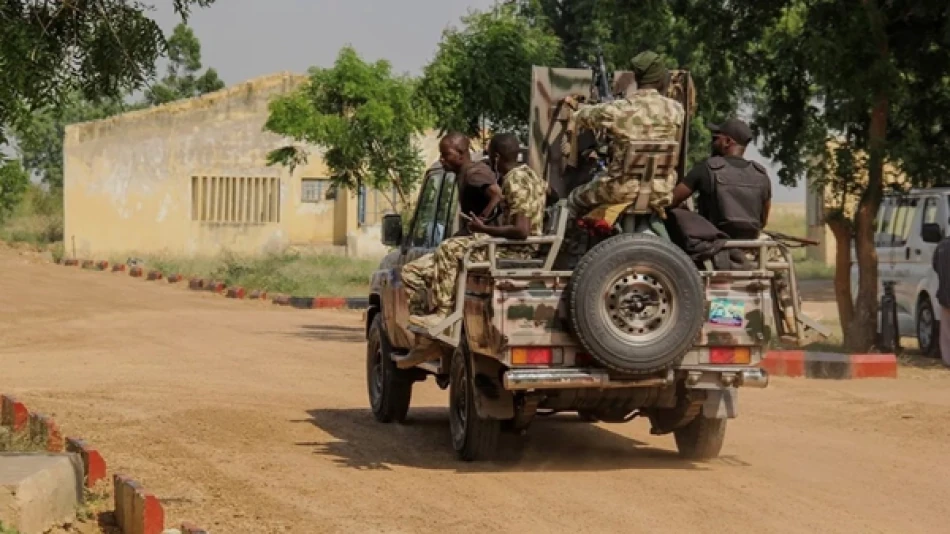
Nigerian Authorities Rescue Dozens of Hostages from Criminal Gangs
Nigerian Air Force Rescues 76 Kidnap Victims in Bold Strike Against Criminal Gangs
Nigeria's military has successfully freed 76 hostages, including women and children, in a targeted air operation against criminal gangs in Katsina State. The rescue mission represents a significant tactical shift as Nigerian forces increasingly rely on aerial strikes to combat the country's escalating kidnapping crisis, which has terrorized rural communities and undermined economic stability across the northwest region.
Swift Retaliation Following Deadly Mosque Attack
The air strike, conducted on Saturday in the Bawa Hill area of Kankara district, was launched in pursuit of a "notorious gang leader" and his associates suspected of orchestrating last week's devastating attack on a mosque and surrounding villages that claimed 50 lives. Nasir Maazu, Katsina State's Security Commissioner, confirmed the operation's success while acknowledging the tragic death of one child during the rescue.
The rapid military response signals a more aggressive approach by Nigerian authorities, who have faced mounting pressure to address the security crisis that has plagued the region for years.
Nigeria's Kidnapping Economy: A Growing Security Challenge
Scale and Impact of Criminal Operations
The rescue of 76 victims in a single operation underscores the industrial scale of kidnapping activities across Nigeria's northwest and central regions. These criminal enterprises have evolved into sophisticated networks that regularly conduct mass abductions from isolated rural communities, demanding substantial ransoms for victims' release.
Unlike ideologically-driven terrorist groups such as Boko Haram in the northeast, these gangs operate purely for financial gain. However, security analysts warn of increasing convergence between profit-motivated criminals and established terrorist movements, potentially creating a more complex and dangerous security landscape.
Economic and Social Consequences
The persistent threat has devastated agricultural communities, forcing farmers to abandon their fields and disrupting food production in a region that serves as Nigeria's breadbasket. Rural schools have closed indefinitely, while local markets operate sporadically due to security concerns.
Military Strategy Evolution
The successful air operation reflects Nigeria's shift toward more decisive military tactics after years of reactive ground-based responses proved insufficient. The use of aerial strikes allows forces to reach remote gang hideouts quickly while minimizing risks to ground troops.
This tactical evolution mirrors counter-insurgency strategies employed by other nations facing similar challenges, though success will ultimately depend on sustained operations and improved intelligence gathering.
Regional Security Implications
The Katsina operation occurs against the backdrop of deteriorating security across West Africa's Sahel region, where weak governance and porous borders have enabled criminal networks to flourish. Nigeria's ability to effectively combat these groups will likely influence regional stability and could determine whether similar tactics spread to neighboring countries.
For Nigeria's government, demonstrating military capability against criminal gangs is crucial for maintaining public confidence and preventing further erosion of state authority in affected regions. The rescue operation, while successful, represents just one engagement in what promises to be a prolonged campaign to restore security and economic stability to the country's vulnerable rural communities.
Most Viewed News

 Layla Al Mansoori
Layla Al Mansoori






